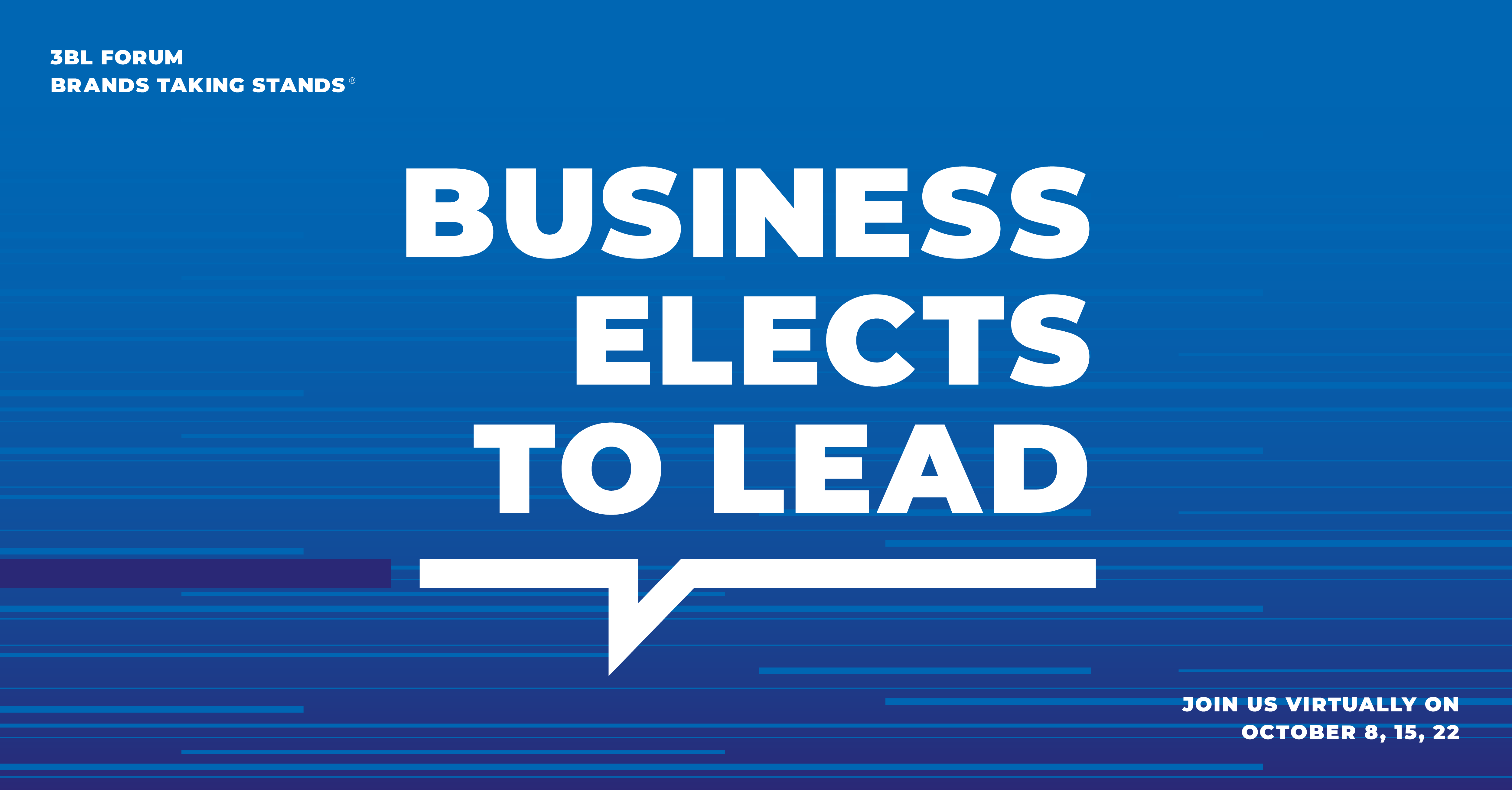
In survey after survey, citizens indicate time and again that they want bold climate action. The disconnect, however, is how to pay for it. Even though renewables have fallen dramatically in price, there are still costs that will be incurred. Fuel prices, at least in the short term, will have to go up — news that consumers don’t want to hear, and politicians are reticent to deliver.
Attempts to mitigate climate change risks have often had rides more bumpy than smooth, however, as in angst that resulted in protests in France and Germany and an Obama era cap-and-trade program that never got off the ground. Despite some leading conservatives’ support for a revenue-neutral carbon tax, that idea for climate action never went far in Washington, D.C. either.
One survey, however, offers clues that more citizens are open to bold long-term plans.
In a recent Nature Climate Change study, researchers asked more than 10,000 citizens across France, Germany, the United Kingdom and the U.S. about how they would want to pay for climate action policies.
One could say the proverbial gun was pointed to citizens’ heads with these researchers’ four options: prices starting low and gradually increasing over time; costs starting high and decreasing over time as progress is made; prices starting low, increasing over time, and then eventually reducing in cost again; and the final option, a constant-cost plan.

(Editor's note: Be sure you sign up for next week's 3BL Forum: Brands Taking Stands - Business Elects to Lead event, beginning Thursday, October 8. Register for free here.)
Across all four countries, the answer may surprise you: 58 percent they would prefer the “constant cost” plan.
Considering human nature, that sentiment is not really surprising. Most of us hate it when the cost of anything goes up, but at the same time, we’re accustomed to prices increasing from time to time, whether they are for food, insurance, entry fees into parks or a broadband connection. And as those costs go up, and not fluctuate, the reality is that most of us find one way or another to budget for the changes. The bottom line is that consumers want certainty — which is why the constant yo-yo costs of gasoline is a common conversation you overhear at the coffee shop or among your friends and family.
The countless number of environmental disasters this year may also be nudging more citizens to rethink their views on how much climate action is a cause worth pursuing — as long as someone else is paying for it. It’s become pretty clear that we will all have to contribute funds one way or another. Now it’s time for energy firms and companies in other sectors to get on board — and that massive shift is apparently underway, too.
Sign up for the weekly Brands Taking Stands newsletter, which arrives in your inbox every Wednesday.
Image credit: Jonas Von Werne/Pexels

Leon Kaye has written for 3p since 2010 and become executive editor in 2018. His previous work includes writing for the Guardian as well as other online and print publications. In addition, he's worked in sales executive roles within technology and financial research companies, as well as for a public relations firm, for which he consulted with one of the globe’s leading sustainability initiatives. Currently living in Central California, he’s traveled to 70-plus countries and has lived and worked in South Korea, the United Arab Emirates and Uruguay.
Leon’s an alum of Fresno State, the University of Maryland, Baltimore County and the University of Southern California's Marshall Business School. He enjoys traveling abroad as well as exploring California’s Central Coast and the Sierra Nevadas.














